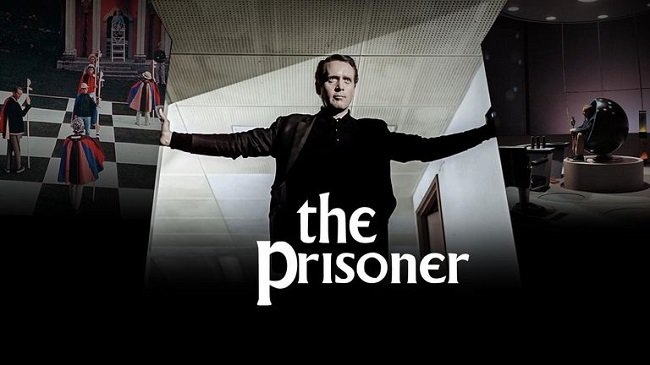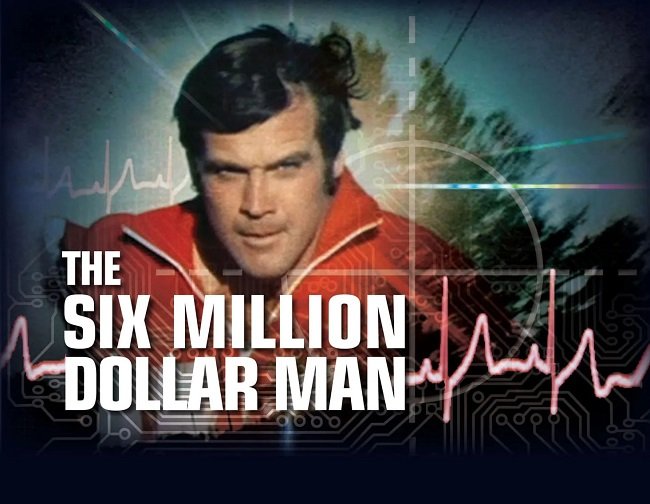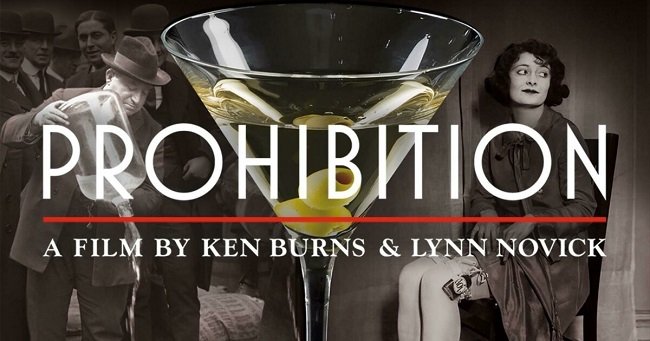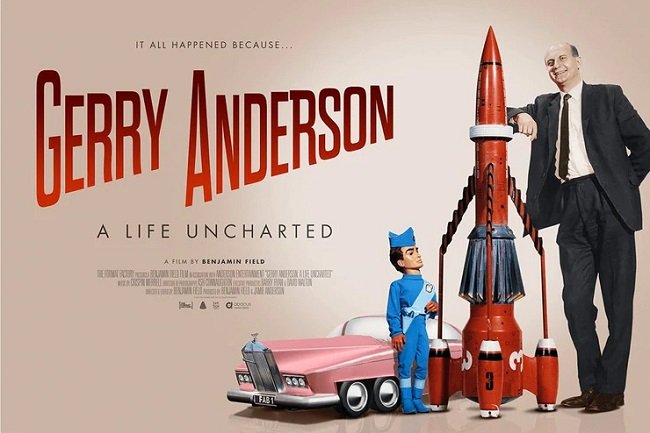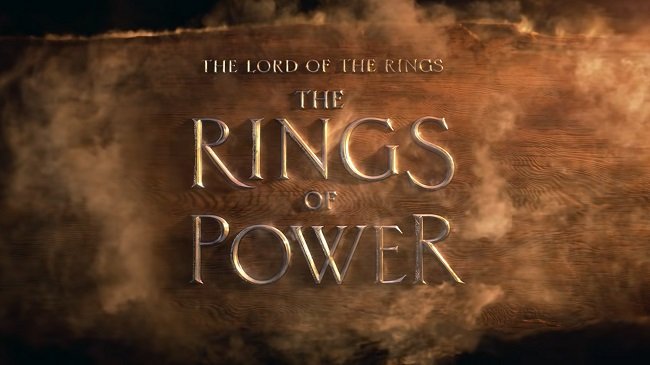City of Vice (2008)
After recently catching up with Ripper Street, I felt the need for more period set crime drama so decided to revisit City of Vice. This Channel 4 series from 2008 explores the true story of Henry and Sir John Fielding, the crime-fighting magistrate brothers who created Britain’s first police force. Eighteenth century London was a violent den of brothels, murderers and street gangs. The city endured crime rates of epidemic proportion. It fell to Henry Fielding, the author of the novel Tom Jones and his half-brother Sir John, a leading social reformer, to bring order to the streets. In 1749 Parliament permitted the magistrate brothers to put together a small constabulary to clean up London.
City of Vice luridly shows that the criminal activity of contemporary London is nothing compared to the 18th century. Gangs of cut throats roam the streets, robbing, raping and murdering with impunity. Home invasions are common place. Prostitution and pedophilia are rife. The inequalities between the rich and the poor are starkly shown and crime was an unpleasant reality that many just accepted. Based on Henry Fielding’s diaries and contemporary sources such as the Old Bailey Sessions Papers, City of Vice is designed to provide a lurid counterpoint to rival period dramas. The world of Jane Austen is violently contrasted.

The lead performances by Ian McDiarmid and Iain Glen are strong and carry the stories well. The five episodes are suitably grim and have a very dour tone to them but given the subject matter there's no other viable way to portray them. Yet despite the nature of the series, it found favour with both critics and the UK audience, achieving nearly three million viewers. The Times described it as "an antidote to the current spate of twee costume dramas" and "more likely to resonate with cynical modern audiences". However, the exploration of certain subjects did not find praise from all quarters leading to complaints from Mediawatch-UK.
City of Vice has taken certain historical liberties for the sake of drama, as so many TV shows do but the basic historical premise is sound. It is interesting to see that human vice is universal and that it’s not just the product of the modern world. Furthermore, it is paradoxical that the judicial system of the time is seen to be equally as cruel as the criminal element that it seeks to eradicate. Overall this was a very good show, yet despite both critical acclaim and good ratings, there has not been a second series to date. The production costs were more than likely a contributing factor. Unlike other costume drama's there are no suitable Georgian slums that can be used for filming. So, for those who did not see City of Vice first time round, the DVD is recommended.












